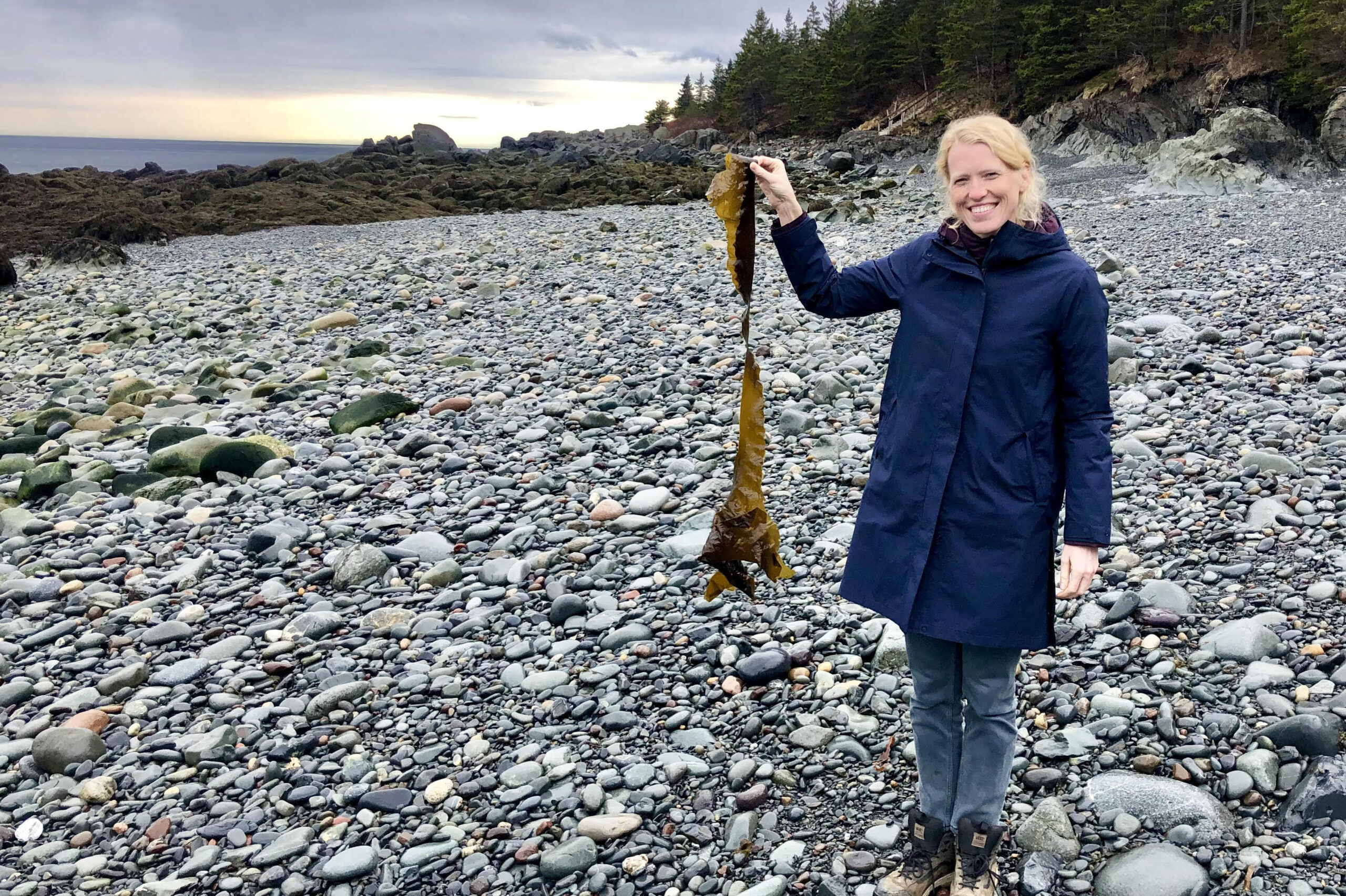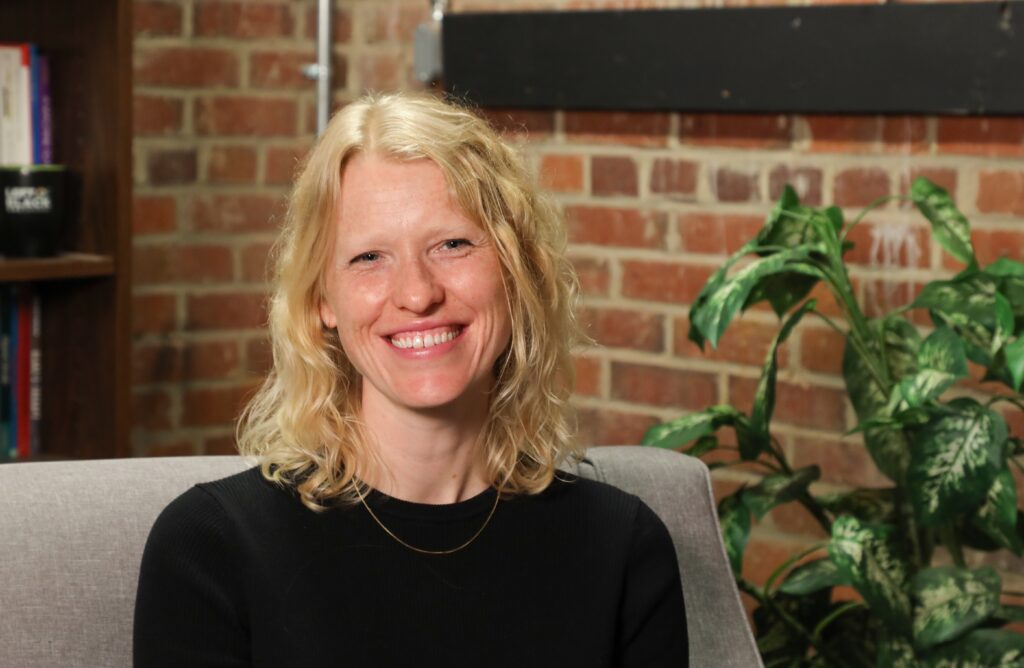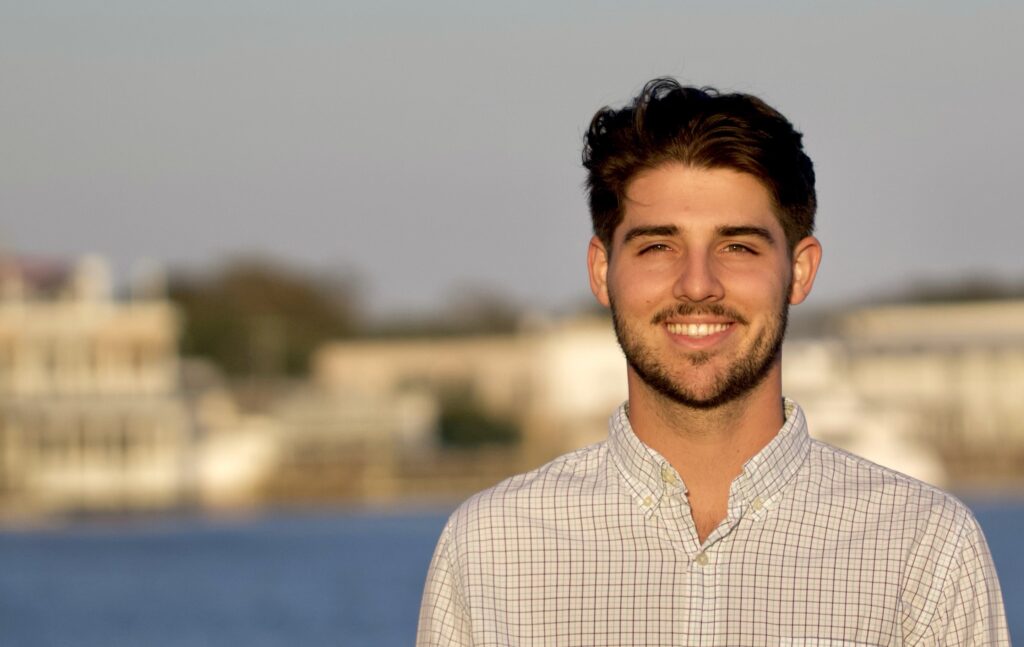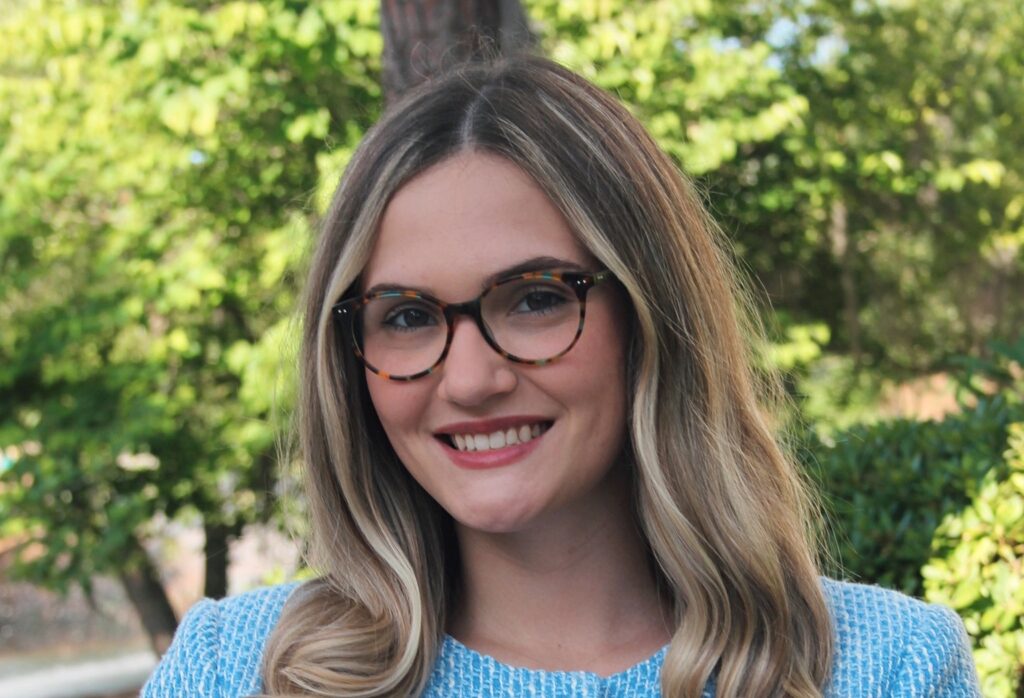National Knauss Fellowship Program Selects Five NC Finalists

Contact: John Fear, jmfear@ncsu.edu
NOAA and the National Sea Grant Office have announced their finalists for the 2025 class of the Sea Grant John A. Knauss Policy Fellowship Program. Of 88 finalists from 34 Sea Grant programs, five are from North Carolina: Robin Fail, Everett Craddock, Maylyn Hinson, Delaney McBride, and Hayden Rudd.
“This year’s cohort exemplifies the passion and expertise necessary to address the evolving challenges facing our coasts and oceans,” says Jonathan Pennock, director of the National Sea Grant College Program. “We are confident that their dedication to serving through science will lead to innovative solutions that sustain coastal and marine resources and communities for future generations.”
The fellowship is named in honor of John A. Knauss, the founder of the National Sea Grant Program, who also served as NOAA administrator. Selection for the fellowship is highly competitive, and the year-long program offers graduate students professional and educational experience in ocean, coastal, and Great Lakes resource management.
“North Carolina Sea Grant is extremely excited to have five Knauss finalists selected out of this year’s very competitive national competition,” says John Fear, deputy director of North Carolina Sea Grant. “These students hail from several of our state’s excellent universities, and we look forward to seeing the careers of these individuals take off as they undertake their Knauss Fellowships.”
The 2025 Knauss fellows from North Carolina represent various graduate programs in environmental management, conservation, and policy at North Carolina State University, Duke University, and the University of North Carolina Wilmington. These five finalists will serve in Washington, D.C., in the legislative and executive branches of government.

Robin Fail is a doctoral candidate in marine science and conservation at Duke University. Her interests and fields of study include marine policy, political ecology, socioecological systems, human geography, and environmental justice. Her concern for human-environment relations fueled her research at Duke, which focused on values, social conflict, and policy in Maine’s aquaculture development.
“I am thrilled about the opportunity to serve as a Knauss Fellow,” says Fail. “This fellowship offers an unparalleled opportunity to explore a career in public service and contribute to national marine policy. After years of studying marine policy in my research, I look forward to working in an applied policy setting and serving American coasts and communities.”

Everett Craddock obtained his master’s degree last spring from Duke University, specializing in coastal environmental management. While at Duke, he researched development of a tool to prioritize historic structures and cultural resources for climate change adaptation in coastal national parks. His research interests include policy analysis, climate migration, disaster mitigation, and emergency preparedness.
“The Knauss Fellowship presents a unique opportunity to deepen my understanding of environmental policy and its practical application,” Craddock says. “I am excited to grow in my ability to support communities as they adapt to climate change.”

Maylyn Hinson earned her master’s in coastal and ocean policy from the University of North Carolina Wilmington earlier this year. Her research evaluated policy mechanisms facilitating state-level finfish mariculture development, specifically emphasizing the state’s blue economy growth and food security. Following this, the UNCW Center for Marine Science invited her to present her research to the U.S. Secretary of the Interior, Deb Haaland, and the Director of the Bureau of Ocean Energy Management, Liz Klein.
“For me, the Knauss Fellowship represents far more than a career steppingstone,” says Hinson. “It is an unparalleled opportunity to actively participate in the national policy-making arena. I am excited to engage in the development of policies that thoughtfully integrate ecological considerations of our marine resources with the social and economic needs of coastal communities.”

Delaney McBride is a graduate student in the Master of Public Administration and Environmental Studies dual degree program at the University of North Carolina Wilmington. She is concentrating on policy analysis and environmental conservation and management. Her previous research has centered on the SeaHawk/HawkEye nanosatellite project and water quality monitoring.
“The Knauss Fellowship presents an incredible opportunity to tackle today’s most urgent marine challenges,” says McBride. “I’m excited to work at the intersection of science and policy, advancing the responsible and sustainable management of our marine resources.”

Hayden Rudd is a doctoral student at NC State University studying forestry and environmental resources with a minor in water resources. Her research interests include coastal hydrology, extreme weather, water resource management, climate change adaptation, and groundwater quality. She is passionate about environmental issues and protecting our state’s water resources.
“I’m excited to work on the Hill, where I’ll have a unique opportunity to gain a better understanding of the relationship between scientific research and environmental policymaking,” says Rudd. “This experience will advance my ability to contribute to informed policy development that supports sustainable management of coastal water systems and protects coastal communities.”
These five finalists join the dozens of graduate students from North Carolina who have participated in the Knauss Fellowship program since 1979. Former fellows completing the program have become leaders in science, policy, and public administration.


